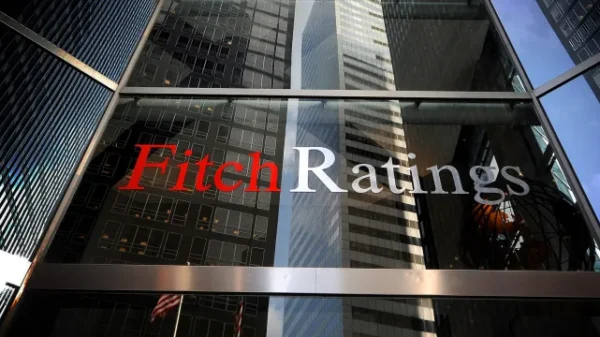BEIJING: The dynamic evolution of Artificial Intelligence-Generated Content (AIGC) stands out as a focal point at this year’s Boao Forum for Asia annual meeting.
Over the past couple of years, strides in AIGC applications and the emergence of Sora have captivated global attention.
Artificial Intelligence (AI) technology showcases potential to surpass traditional limitations in scientific research, ushering in new prospects across various domains. However, alongside its rapid advancement, AI’s proliferation sparks concerns, including the identification of misinformation and potential job displacement due to automation.
Looking ahead, the trajectory of AI suggests forthcoming breakthroughs.
Future AI developments might pivot towards enhancing human-machine environment system intelligence, a concept encompassing intelligent systems integrating humans, machines, and the environment. Leveraging AI, Internet of Things, and smart sensors, these systems will adeptly perceive, comprehend, and respond to surroundings and users, offering novel applications in smart cities, homes, transportation, and beyond. Nonetheless, challenges loom in data privacy and security realms.
Anticipated advancements also entail enhanced capabilities in autonomous learning, transfer learning, and multi-modal learning. Autonomous learning empowers machine learning systems to glean insights from unlabeled data autonomously, thereby diminishing reliance on labeled data and fostering adaptability to diverse tasks and environments. Transfer learning enables knowledge transfer from one task to related ones, expediting learning processes and enhancing performance.
Furthermore, AI systems will prioritize multi-modal data learning, facilitating more intelligent interactions and decision-making by amalgamating vision, language, and auditory inputs. Emphasis on algorithm transparency and processing will bolster user trust and comprehension, mitigating risks stemming from uncertainty.
In navigating the AI era, China and Asia can proactively address challenges, fostering cooperation, innovation, and responsible AI deployment to fuel societal transformation and modernization while mitigating associated risks.
Strategies include:
- Technological Innovation and Talent Cultivation: Allocate resources to nurture AI talent and foster innovation to meet evolving challenges. Ramp up educational investments in AI, offering specialized courses, practical opportunities, and research initiatives to equip students with requisite skills. Support research institutions and universities in pioneering AI advancements, nurturing leadership in technological innovation.
- Establish Robust Regulatory Frameworks: Enact laws and regulations delineating AI application boundaries, ethical standards, and accountability frameworks to safeguard public interests and individual rights. Strengthen data protection measures, ensuring compliance with privacy standards and fostering transparency in AI decision-making processes to enhance accountability and trust.
- Promote Industry-Academia Collaboration: Foster collaboration among industry, academia, and government to propel AI technology application and industrialization. Establish platforms for collaboration, encouraging knowledge exchange and joint exploration of AI solutions. Facilitate joint research projects between academia and industry, incentivizing innovation and the practical application of research findings. Foster talent exchanges, aligning education with industry needs to cultivate a skilled AI workforce.










